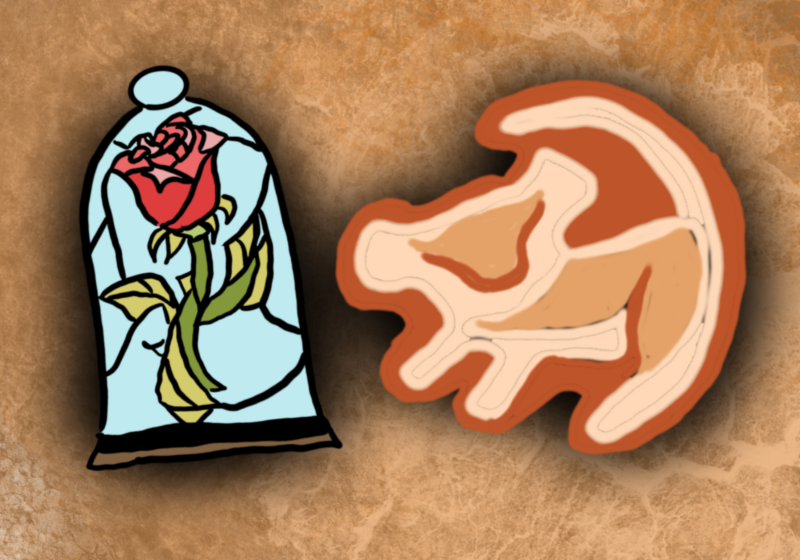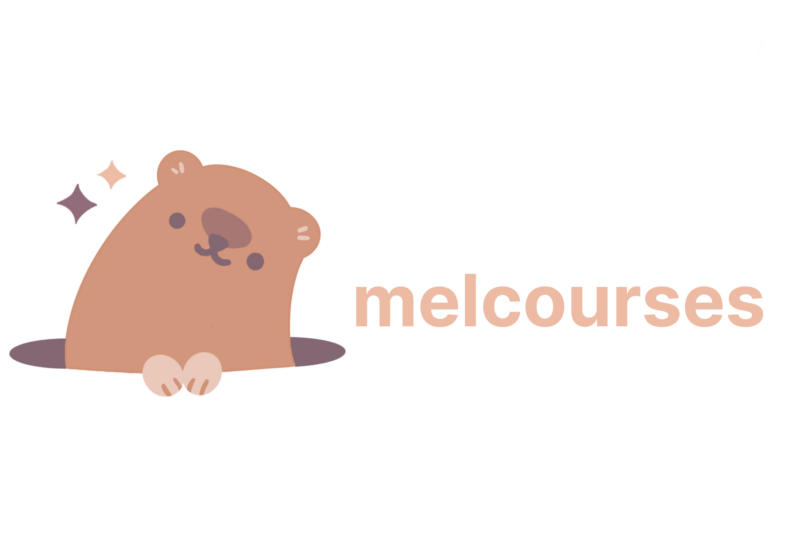Senior Antoinette Nguyen, co-leader of Justice for Asian Americans (JFAA) saw the recent mass shooting that claimed the lives of eight Asian Americans in Atlanta, as more than a one-off incident.
“I think immediately I would say [I felt] a deep-seated sadness, and also with that comes a frustration and an anger about how this is not an isolated event,” Nguyen said. “It represents and symbolizes decades […] of oppression in America against Asian Americans.”
Nguyen’s first thought was to call her family and friends, due to how close the act of violence hit to home. “I have a lot of family, they’re Vietnamese Americans who work in nail and hair salons,” she said. “So quickly, I could have seen how it could have been my own family members, and that was just really hard to deal and reconcile with.”
Following the Atlanta shooting, various leaders from student organizations on campus were inspired to develop an online network to build solidarity between the different Asian and Pacific Islander (AAPI) communities, both on campus and in the greater Rochester region. Founding members of JFAA included leaders from the Asian American Student Union, Spanish and Latino Students Association, National Society of Black Engineers, and more.
Senior and co-leader of JFAA Sunnie Limson pointed to “a lot of fire and frustration” as the catalyst for JFAA.
One of JFAA’s main goals is to build solidarity between the different Asian and Pacific Islander (AAPI) communities on campus. They want to offer healing and resources through discussion and education to help foster community and inclusivity between AAPI communities, while understanding that those communities are not homogeneous.
“It’s a matter of building solidarity within our own community and with other minority communities, because the Asian community is usually treated as a monolith, [which is] very inaccurate,” junior and co-leader of JFAA Arnav Sharma said. “There are many different ethnic groups within singular countries, and then they are enveloped together — we all fill out the same bubble [on the census]. We do have a shared history and shared struggle within western countries and the United States especially, but at the same time we have our own cultural identities […] It’s about supporting each other and our communities, building a Pan-Asian solidarity coalition.”
JFAA pointed to a lack of response and support from UR over the increase in Asian American hate crimes over 2020 and felt that AAPI students should have been supported sooner.
“The UCC group didn’t come into play until the mass shootings; why does it take a shooting and the death of eight people, six out of eight people being Asian, to get support for a community?” Limson said.
Limson and Sharma, co-presidents of College Feminists, recalled a discussion they had with College Feminist advisor Stacey Fisher about holding a discussion on the rise in hate crimes against Asian Americans, “Hate Crimes Against Asian Americans Rising.” Limson described the conversation she and Sharma had with Fisher:
“[Fisher said things like] ‘What is Hate Crimes Against Asian Americans Rising? Is that an organization? Why would there be an organization named Hate Crimes Against Asian Americans Rising? It doesn’t make any sense.’ When we tried to explain it, she was like, ‘It’s not in my radar.’ She rolled her eyes at us, and started googling and was not unmuted when we heard that […] Whenever we bring anything Asian to the table, she would be furiously interrogating us.”
The Campus Times reached out to Fisher, who stated that she did not recall the meeting and did not advise JFAA.
“Out of respect to the students and student organizations that I advise, it is not in my practice to comment publicly about the details of my meetings,” Fisher added.
Limson and Sharma cited interactions like this as a reason why they felt this coalition was necessary. “She […] asked us to attend anti-racist trainings instead of holding community discussions,” Limson said. The two expressed a desire for an apology from Fisher.
JFAA sees the need for more AAPI representation, and as a result, would like to work toward having more faculty in the humanities and social sciences, as well as the creation of a department of Asian Studies. JFAA believes that this is important in the handling of bias-related incident reports.
“[What do we want] from the school? Less apathy, less pretending,” Sharma said. “The school has their ‘Meliora values,’ and whatever values they claim that they are supporting, diversity, inclusion, they talk about it, but […] since the pandemic started, hate crimes have been ramping up, the University said nothing. It wasn’t like it was not in the University conscience either.”
JFAA is planning on hosting more discussions for the UR community to bring awareness and develop support. They’re also launching a book club for members of the UR community who want to learn more about the AAPI history and community.
Nguyen reflected on the vigil that was held for the Atlanta mass shooting, and the next steps.
“It was encouraging to see people at the vigil […] I didn’t expect that, sadly,” she said. “I think that there needs to be a lot of work done in education on microaggressions, and everyday acts of racism that occur — I personally know tons of my Asian friends and other marginalized groups […] absolutely and personally experienced a lot of instances of racialized language and terrible things like that.”
JFAA encourages UR students to educate themselves, and that education is an important step.
For students that don’t know where to start in allyship, Nguyen suggested the first step can be supporting their AAPI friends by “asking what they need, instead of assuming.”







